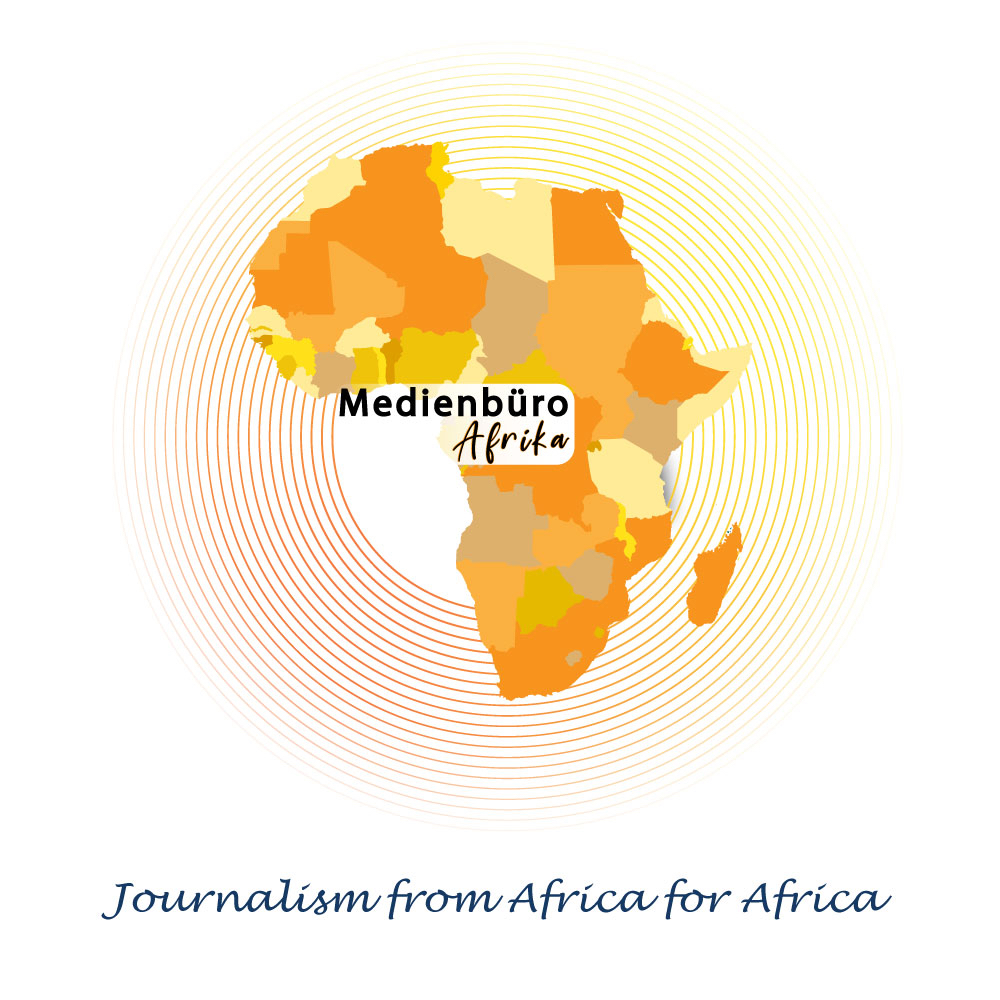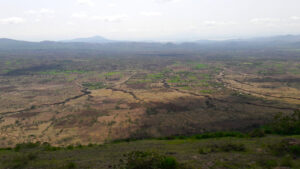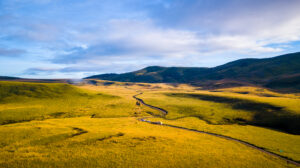Pretoria / South Africa: Between the 30th of November through the 12th of December 2023, at the COP28 conference in Dubai, world leaders met to discuss the issue of global climate change. During these proceedings, a lot of politics toward getting environmental grants overshadowed Africa’s narrative on its real issues. This summit made many Africans revisit the idea of dependence versus independence given the struggles that dominate the continent amidst the global climate talks.
At the center of this debate is a perennial issue: foreign aid. Africa has danced with aid for decades hoping that it could pave the road to development. Yet, that’s become a twisted waltz breeding more dependency than progress. Cautionary notes by Zambian economist and author, Dr. Dambisa Moyo paint a stark picture that aid has at times been on the leash choking rather than nurturing the growth of Africa. In her book, Dead Aid, she has identified the dangers of continued dependence on foreign aid that might foster corruption and stifle local development and creativity. The question then perhaps is whether Africa should continue limping under the yoke of donor generosity or not.
The African continent faces the huge challenge of energy poverty, one that must be tackled in order to allow progress and prosperity. But the question is do we rely on some outside help or use our resources to provide energy access to our homes? The answer is clear. It is our ingenuity and resourcefulness that will bring light and progress to our communities.
Chairman of the African Energy Chamber NJ Ayuk in his statement calling for Africans to reject promises of aid and handouts as COP28 concludes, urged African nations to take control of their energy resources and shape their energy destiny. He stated that if African countries could harness their resources, they could bring energy to their villages, power their industries, and drive economic growth. He encouraged Africans to stand on their own and stop relying on external forces.
Africa is a land of strength and great determination that should seek independence and not isolation. We are open to working with others, but we would want this working collaboration to be founded on mutual respect where our thoughts and ideas are received and accepted.
African leaders at these conferences should ensure that the visions and aspirations of its people are not shunned by individuals who have their own concepts of how Africa should look. Only in such a way, it is possible to pull the continent out of the hole bring it to its real potential and build a brighter future for all who live here.
Wrapping up, it is important to restate that Africa is not averse to a sustainable future. We are excited about it. But our urgent problem is survival. Energy poverty is one of the many challenges we are grappling with and requires immediate attention. It is not a case of ignoring COP28 but about securing our existence first.
We embrace the idea of an energy mix which is a blend of energy sources that will help us navigate our challenges and offer us a lifeline to overcome energy poverty and create opportunities for our youth. This mix includes tapping into our abundant resources while also exploring renewable sources. Why? Because it’s a path to survival and prosperity.
So, while the world discusses the future, we are here to guarantee our present. We welcome collaboration, but it’s essential to understand that our priority is solving immediate challenges. Once we have secured our existence, we will actively contribute to the global sustainability drive.
Autor:




